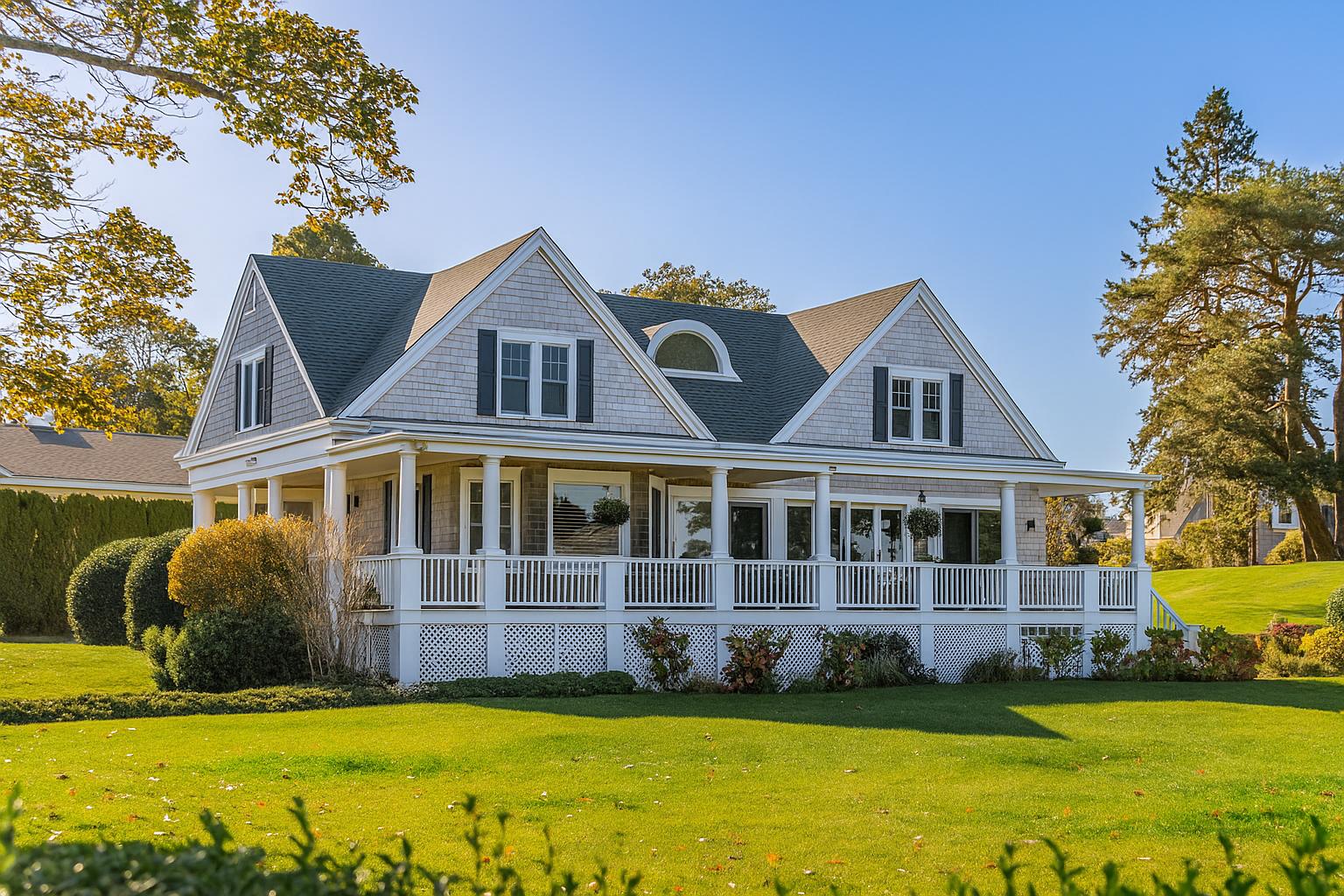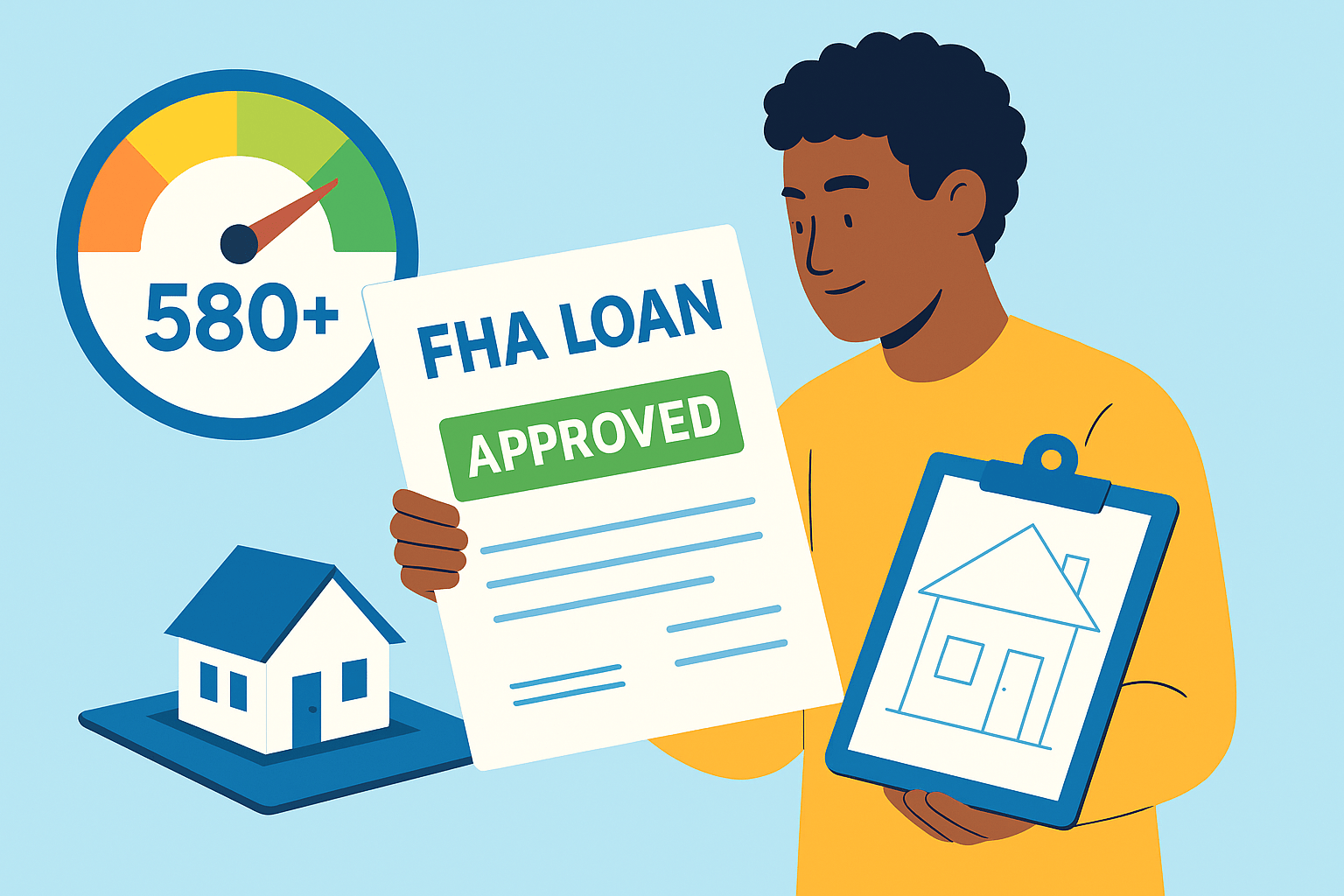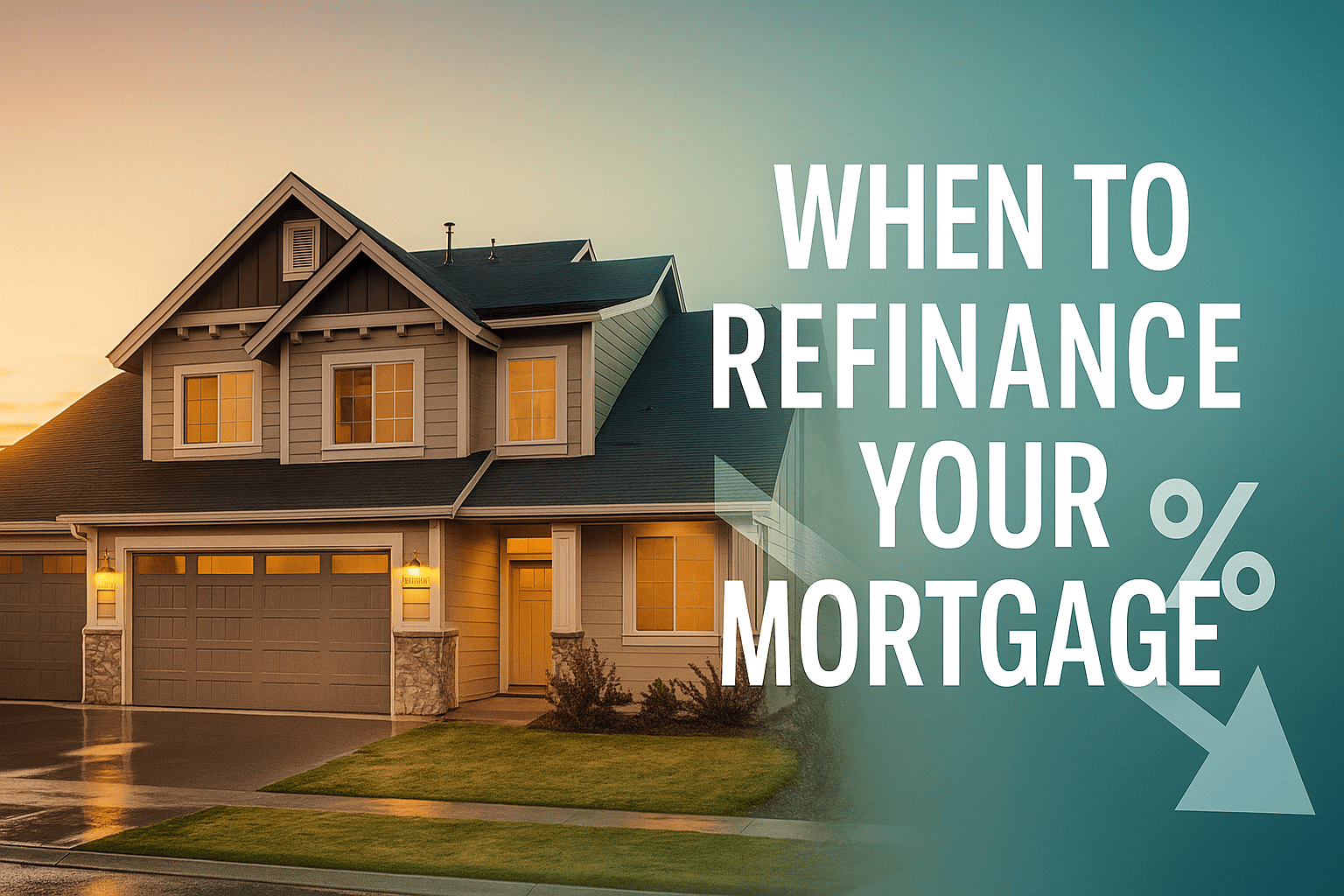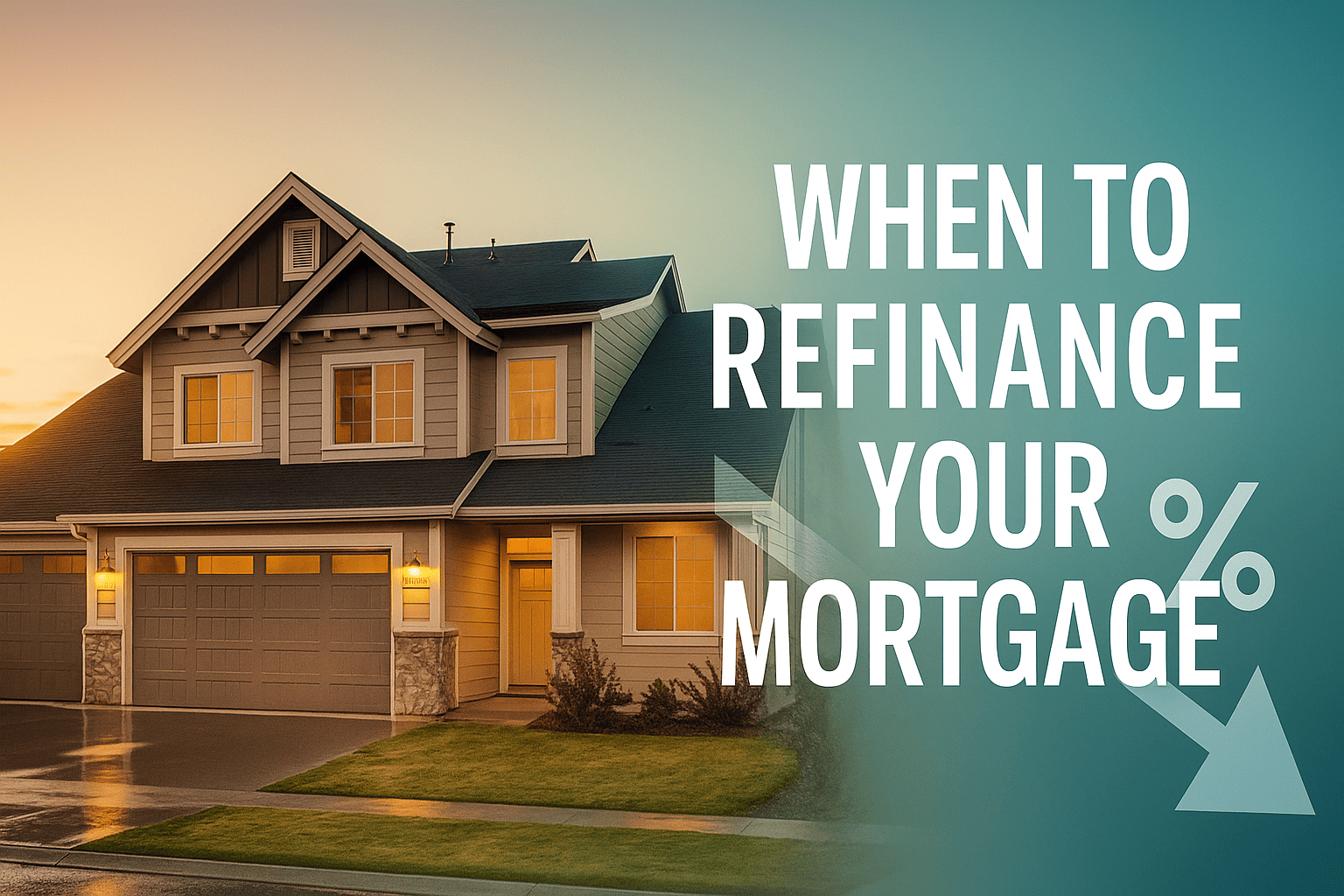CalPLUS Conventional with ZIP First-Time Homebuyer Assistance Programs
CalPLUS Conventional with ZIP: The First-Time Buyer’s Shortcut to a Low-Interest California Home Loan
Trying to buy your first home in California’s turbo-charged market can feel like climbing Yosemite’s Half Dome without ropes. The CalPLUS Conventional with ZIP program offers a safety harness: a below-market, fixed-rate mortgage plus help with closing costs. In the next 8 minutes, you’ll learn how this state-backed loan can turn the “impossible” into “offer accepted.”
What Is CalPLUS Conventional with ZIP?
Administered by the California Housing Finance Agency (CalHFA), CalPLUS Conventional with ZIP is a 30-year, fixed-rate mortgage designed for first-time buyers. The ZIP (Zero Interest Program) piece tacks on a separate loan—up to 3% of your first mortgage amount—to cover closing costs or prepaid items. The ZIP loan carries zero percent interest and requires no monthly payments; you simply repay it when you sell, refinance, or pay off the first mortgage.
This combo loan rests on Fannie Mae’s HomeReady® conventional guidelines, meaning you can put down as little as 3% while avoiding the extra mortgage insurance premiums common to FHA financing. The result? Lower monthly payments, less cash up front, and a clearer path to homeownership.
Why California Buyers Are Flocking to CalPLUS Conventional
- Stable Payments: Because it’s a fixed-rate loan, your principal and interest won’t jump like a Silicon Valley IPO.
- Closing-Cost Relief: ZIP’s 3% assistance often equals $10,000 or more—a huge relief when median California closing costs hover around $15,000.
- Competitive Rates: CalHFA negotiates below-market interest rates; recent borrowers have saved 0.25–0.50 percentage points compared with standard conventional loans (CalHFA rate sheet, 2023).
- No Surprise Payments: ZIP is silent until you sell or refinance, helping you manage cash flow during those crucial first years.
How Does the ZIP Assistance Actually Work?
Picture ZIP as a silent partner. When you close, CalHFA wires up to 3% of your first mortgage amount toward closing costs. On a $500,000 loan, that’s $15,000—enough to cover title fees, escrow, and maybe even your homeowner’s insurance. You sign a junior lien, but because the rate is 0% and there are no monthly payments, you won’t feel it while you live in the home. Repayment occurs only when you:
- Sell the property
- Refinance the CalPLUS conventional loan
- Pay off the first mortgage at the 30-year mark
This delayed repayment can translate into thousands saved during your early homeowner years, when every dollar counts.
CalPLUS Conventional with ZIP Eligibility Checklist
Wondering if you qualify? Run through this list:
- First-Time Buyer Status: No ownership in a primary residence during the past three years.
- Credit Score: Minimum 660 for most borrowers; 680 if your debt-to-income (DTI) exceeds 45%.
- Income Limits: Vary by county (e.g., $211,000 in Santa Clara; $156,000 in Fresno). Use CalHFA’s income limit tool for specifics.
- Homebuyer Education: A one-time course such as the $99 eHomeAmerica certificate.
- Occupancy: You must live in the home as your primary residence.
- Property Type: One-unit homes, certain condos, or manufactured homes meeting Fannie Mae guidelines.
Pro tip: CalHFA exempts gift funds from the usual minimum borrower contribution, so grandma’s graduation gift can double as your down payment.
Vanessa & Leo’s Micro-Story: Turning Rent into Equity in Bakersfield
Vanessa, a third-grade teacher, and Leo, a solar-panel installer, were paying $2,200 a month for a two-bedroom rental. Prices in their Bakersfield neighborhood jumped 12% in one year, according to an internal MLS report our team reviewed. They feared they’d be perpetual renters—until a lender introduced them to CalPLUS Conventional with ZIP.
With a combined income of $128,000—below Kern County’s CalHFA limit—they secured a $420,000 purchase. ZIP kicked in nearly $13,000, wiping out most closing costs. Their new mortgage payment? $2,080. In less than 60 days they went from “no way” to “house keys,” proving the program can work even outside big coastal cities.
Applying for CalPLUS Conventional with ZIP: A Step-by-Step Roadmap
- Pick a CalHFA-Approved Lender
Use CalHFA’s lender search tool or ask us for a warm intro. - Get Pre-Qualified
Submit pay stubs, W-2s, and bank statements. The lender will run Fannie Mae’s Desktop Underwriter® to confirm HomeReady® eligibility. - Complete Homebuyer Education
Online courses usually take 6–8 hours. Save your certificate. - House Hunt
Work with a REALTOR® who understands CalHFA timelines and appraisal standards. - Lock Your Rate
CalHFA rate locks last 45 days. Coordinate with your agent to fit the escrow period. - Close & Celebrate
Sign both the first mortgage and the ZIP second. Collect your keys and maybe a celebratory taco truck run.
People Also Ask
How does CalPLUS Conventional differ from FHA or VA loans?
Compared with FHA, the CalPLUS conventional loan allows a smaller upfront investment on mortgage insurance and removes the 1.75% upfront FHA premium. VA loans, while fantastic for eligible veterans, require military service and have funding fees. In short, CalPLUS offers lower long-term costs for civilian first-time buyers who qualify.
Can ZIP assistance be used as part of my down payment?
ZIP is earmarked strictly for closing costs and prepaid items—think escrow, title, and impounds. Your minimum 3% down payment must still come from your own funds, gifts, or approved assistance programs. This separation keeps the program compliant with Fannie Mae rules.
Advantages and Potential Drawbacks
| Pros | Cons |
|---|---|
|
|
Comparing CalPLUS Conventional with ZIP to Other CalHFA Offerings
CalHFA also offers the CalPLUS FHA with ZIP, MyHome Assistance Program, and Forgivable Equity Builder Loan. While MyHome can finance part of your down payment, its interest rate (often 2–3%) means a small monthly payment. If you need pure closing-cost help and want a conventional first mortgage, CalPLUS Conventional with ZIP remains the gold standard.
A savvy strategy some lenders allow: layer MyHome (for down payment) with CalPLUS Conventional and still add ZIP for closing costs, subject to CalHFA stacking rules. Ask your loan officer whether you can combine these tools without breaching county income caps.
FAQ
- What are current interest rates for CalPLUS Conventional with ZIP?
- Rates change daily. As of last week, CalHFA sheets showed 6.00%—about 0.40% lower than Freddie Mac’s statewide average.
- Is there a prepayment penalty?
- No. You can refinance or sell anytime without a penalty, though the ZIP loan must be repaid when you do.
- What documentation will I need?
- Two years of W-2s, 30 days of pay stubs, two months of bank statements, and the homebuyer-education certificate.
- Can I buy a duplex?
- Only one-unit properties are eligible unless CalHFA updates guidelines; duplexes require different loan tracks.
- What happens if my income exceeds the limit halfway through escrow?
- Eligibility is based on qualifying income at application. A raise later in escrow generally won’t derail the loan.
Your Next Move: Turn Curiosity into Keys
The longer you wait, the harder California prices can sprint ahead. The CalPLUS Conventional with ZIP program offers a clear lane—low fixed rate, zero-interest closing-cost help, and conventional underwriting flexibility. Ready to see if you qualify? Reach out to our CalHFA-approved lending team today. We’ll review your numbers, walk you through the paperwork, and keep you updated at every milestone so you can focus on choosing paint colors.
Schedule your free 15-minute consultation now and start packing for your new address.
Explore More Blog Posts
Checkout more similar posts those will help you to choose better property.












 Profile
Profile Password
Password Saved Properties
Saved Properties Sign Out
Sign Out
 +0.01
+0.01
 -0.15
-0.15

